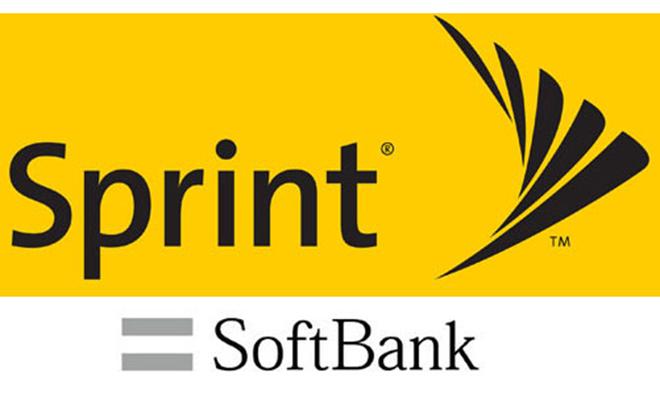Sprint shareholders OK $21.6 billion SoftBank deal
SoftBank received a big boost in its effort to buy Sprint on Tuesday, as the company's shareholders approved a $21.6 billion offer from the Japanese carrier.
The go-ahead from Sprint's shareholders means that the only remaining hurdle to SoftBank's Sprint acquisition is approval by the Federal Communications Commission. Sprint still aims to close the deal by early July, according to Reuters.
SoftBank's initial victory came after its main competitor dropped out. In April, Dish Network launched a bid to acquire Sprint, offering $25.5 billion for the United States' third-largest carrier, above SoftBank's bid of $20 billion. Some shareholders never warmed to Dish's proposal, though — as it was largely contingent on the satellite television provider taking on a considerable amount of debt — and Dish soon dropped out of the running.
To sweeten the deal, SoftBank raised its bid to $21.6 billion, with the cash component of the deal for shareholders rising to $4.5 billion. That deal will leave SoftBank with 78 percent ownership of Sprint.
Buying Sprint would give SoftBank a foothold in the American wireless market, which it believes is riper for increased development than SoftBank's home country of Japan. Japan's wireless market is thought to have largely matured. In the United States, though, SoftBank can use Sprint's existing wireless spectrum — as well as any spectrum it might secure in federal bids or from Sprint's efforts to buy out the other holders of Clearwire — to possibly improve the company's standing in the market.
In courting Sprint's shareholders, SoftBank's CEO touted his company's expertise in 4G technologies as a means for the company to improve its service offerings. SoftBank's use of a single-frequency network technology reduces interference and could lead to improved reception for Sprint customers.
In the first quarter of this year, Sprint sold 1.5 million iPhones, but lost 560,000 customers to competitors. At the end of the quarter, the carrier had 31.3 million customers on contract paying an average of $61.47 per month.
 AppleInsider Staff
AppleInsider Staff











 Christine McKee
Christine McKee
 William Gallagher
William Gallagher
 Malcolm Owen
Malcolm Owen
 Marko Zivkovic
Marko Zivkovic
 William Gallagher and Mike Wuerthele
William Gallagher and Mike Wuerthele

 Wesley Hilliard
Wesley Hilliard
 Andrew Orr
Andrew Orr







